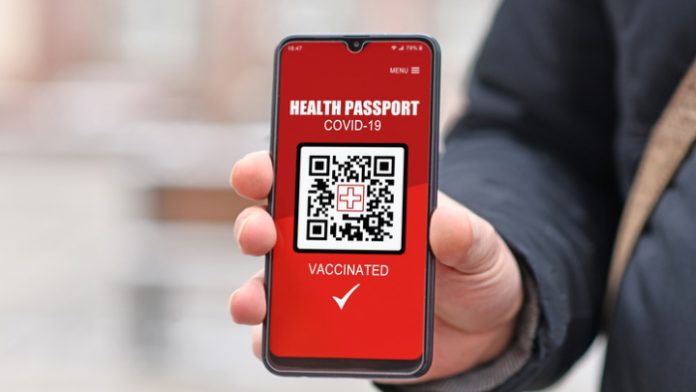Denmark and Sweden are each to introduce digital vaccine passports for their citizens. Both countries say that the certificates will be designed to allow their citizens to travel abroad.
Vaccine passports are either physical or digital documents that will hold information on whether or not a passenger has had a vaccine for coronavirus. Some can include information about recent COVID-19 test results, including the outcome, the date and details about the facility where the test took place. Some versions have been called “digital passports” or “digital vaccine certificates”.
Denmark’s government is joining forces with businesses to develop a digital passport that would show whether people have been vaccinated against the coronavirus, allowing them to travel and help ease restrictions on public life.
In four months, a digital corona passport will be ready for use. As a first step, before the end of February, citizens in Denmark will be able to see on a Danish health web site the official confirmation of whether or not they have been vaccinated.
The passport will use individual’s mobile phones to store and share documents that confirm that they have been vaccinated.
Denmark, like neighbouring Nordic and Baltic countries, has moved toward a completely digital system to reduce bureaucracy. Online platforms support electronic authentication and digital signatures enable paperless communications across both the private and public sectors.
The European Commission is also weighing proposals to issue vaccination certificates to encourage travel, however the EU’s executive arm has said for now such certificates would only be used for medical purposes, for instance to monitor the possible adverse effects of vaccines.
Sweden is also seeking to introduce digital vaccine passports as a potential solution to the travel problems facing the world at present.
Both Denmark and Sweden said that they would ensure that the passes have a level of certification that would see them compatible with any international certificates that may be developed in the future. The World Health Organization and the EU have talked about the creation of such documents, but nothing concrete has been delivered yet.
Denmark and Sweden have also suggested that the certificates could have a wider use than just for international travel purposes. The certificates could be easily checked so could be used for sporting or cultural events.








 ©2024 All rights reserved LaingBuisson
©2024 All rights reserved LaingBuisson 


